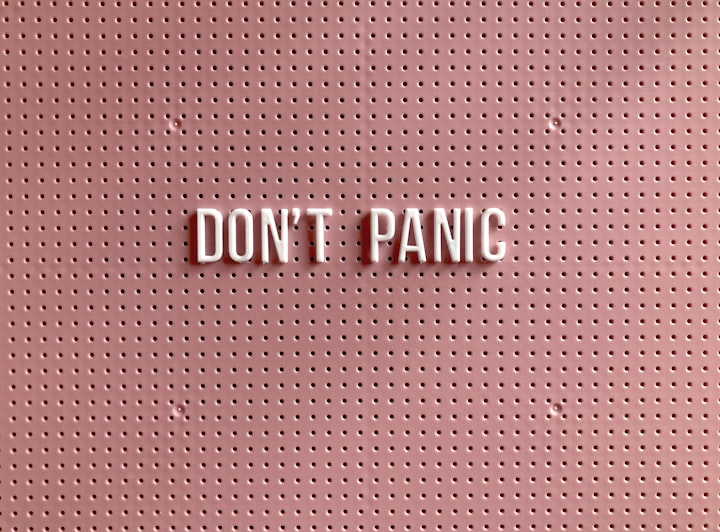Exploring the Causes of Panic Disorder
Exploring the Causes of Panic Disorder
Panic disorder is a type of anxiety disorder characterized by sudden and recurring panic attacks. Panic attacks are intense episodes of fear and anxiety that can be overwhelming and debilitating, often causing physical symptoms such as palpitations, sweating, and difficulty breathing. In this article, we will explore the causes of panic disorder and discuss how a therapist in Bangalore can help individuals manage and overcome this condition.
One of the main causes of panic disorder is a genetic predisposition. Studies have shown that individuals with a family history of anxiety disorders are more likely to develop panic disorder themselves. This suggests that there may be a genetic component to the disorder, which makes certain individuals more susceptible to developing it.
Another factor that can contribute to the development of panic disorder is a history of traumatic experiences, such as physical or emotional abuse. Trauma can have a significant impact on an individual's mental health and can lead to the development of anxiety disorders, including panic disorder.
In addition to genetic and environmental factors, there are also certain personality traits that may make individuals more susceptible to panic disorder. For example, individuals who are prone to negative thinking or who have a tendency to catastrophize situations may be more likely to develop the disorder. This is because these individuals may be more likely to interpret normal bodily sensations as signs of danger or impending doom, triggering a panic attack.
Physical health can also play a role in the development of panic disorder. Individuals with certain medical conditions, such as thyroid problems or heart disease, may be more prone to anxiety and panic attacks. Additionally, substance abuse or withdrawal can also trigger panic attacks, making it important for individuals with a history of substance abuse to seek professional help.
While panic disorder can be a challenging condition to manage, there are effective treatments available, including therapy. A therapist in Bangalore can help individuals with panic disorder by providing support and guidance in managing symptoms and developing coping strategies.
One of the most effective types of therapy for panic disorder is cognitive-behavioral therapy (CBT). CBT is a goal-oriented therapy that focuses on changing negative thought patterns and behaviors that contribute to anxiety and panic attacks. By identifying and challenging negative thought patterns, individuals can learn to control their anxiety and prevent panic attacks from occurring.
Exposure therapy is another type of therapy that can be effective for individuals with panic disorder. This therapy involves gradually exposing individuals to the situations or triggers that cause anxiety, allowing them to build up their tolerance over time. With the guidance of a therapist, individuals can learn to face their fears and overcome panic disorder.
In addition to therapy, there are also lifestyle changes that can help individuals manage panic disorder. This may include regular exercise, healthy eating habits, and stress-management techniques such as meditation or deep breathing exercises. Practicing self-care and engaging in activities that promote relaxation and well-being can also help individuals better manage their symptoms.
In conclusion, panic disorder is a complex condition with a variety of contributing factors, including genetics, environment, personality traits, and physical health. However, with the help of a therapist in Bangalore, individuals with panic disorder can learn to manage their symptoms and improve their overall quality of life. By utilizing therapies such as CBT and exposure therapy, as well as making lifestyle changes to promote overall well-being, individuals can overcome panic disorder and live a fulfilling and happy life.






Comments
There are no comments for this story
Be the first to respond and start the conversation.